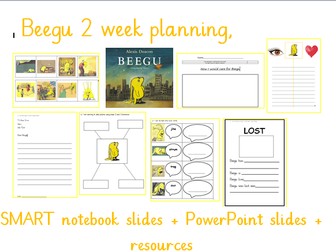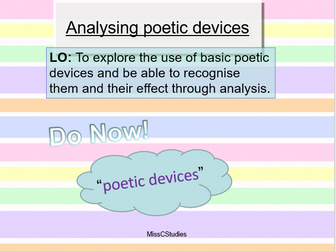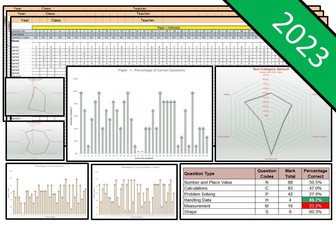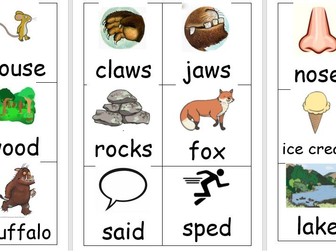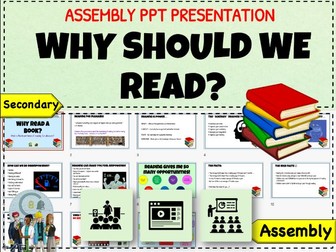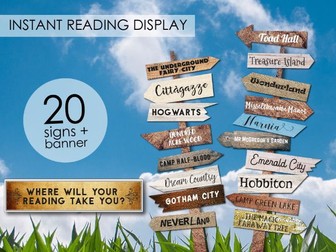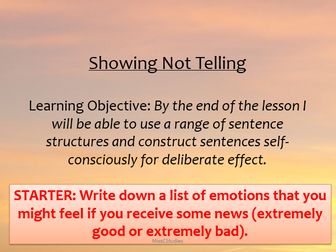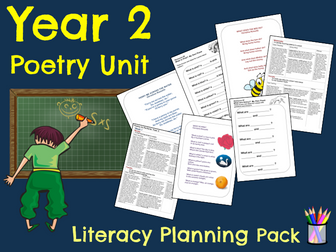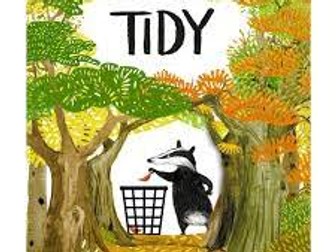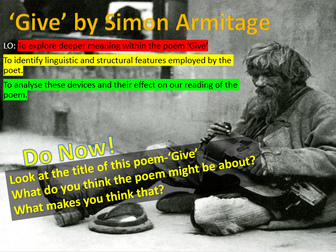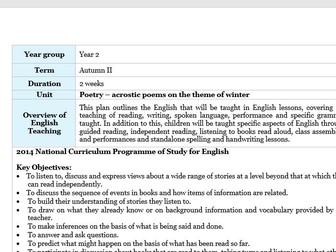
Beegu Year 1 planning, slides and resources
2 weeks worth of lessons on interactive SMART Notebook Slides AND PowerPoint (50 Slides) step by step input to show pupils.
2 weeks lessons planning incl Learning intentions, Success criterias, resources, differentiation.
Learning Intentions Include;
I am learning to listen to poems and identify interesting words and phrases
I am learning to read and perform poems aloud using actions to enhance clarity and understanding.
I am learning to segment and blend alien words.
I am learning to sequence a story.
To label pictures using phase 2, 3 and 5 phonemes. To spell words with adjacent consonants.
I am learning to make a Lost poster about Beegu.
I am learning to find and use new and interesting words and phrases.
I am learning to explore the effect of patterns of language and repeated words and phrases.
Worksheets I have made Include:
Making alien rhyming words (differentiated LA/MA/HA)
Making a poem inspired by aliens
Sequencing story
Making a lost poster
Writing a letter (differentiated LA/MA/HA)
Role Play ideas
Using adjectives to describe Beegu
